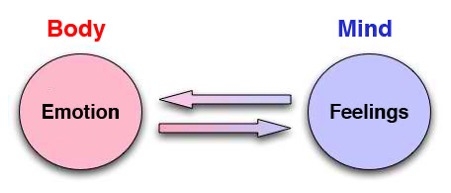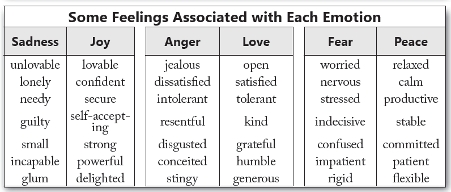- About
- Programs
- Innovation & Research
- Campus Life
- Career Services
- Admissions
- News & Events
- Alumni
How emotions and feelings can help us lead a more resilient life
How emotions and feelings can help us lead a more resilient life
What is the message your feelings are trying to tell you and are you listening? Head of Education Counselling & Student Wellbeing, Raluca Fechete, shares how you can develop tools to increase your self-awareness.
Why is important to pay attention to our emotions?
According to the American Psychological Association (APA), an emotion is defined as “a complex reaction pattern, involving experiential, behavioral and physiological elements.” Emotions are how individuals deal with matters or situations they find personally significant.
There are different views among experts, but most emotions scientist agrees on five core emotions:
- Fear
- Sadness
- Anger
- Disgust
- Joy
Paul Ekman’s research shows seven universal facial expressions that we all feel, no matter regardless of language, regional, cultural, and ethnic differences.
- Contempt
- Disgust
- Fear
- Sadness
- Surprise
- Anger
- Enjoyment.
How we respond to those emotions shapes our experience of the world. In order for us to be wise in how we respond, we have to first became more aware and familiar with our own emotional experience.
Is it an emotion or a feeling?
Understanding the difference between emotions and feelings is going to help you know yourself better and cope with events in your life in a more productive way.
Our feelings have a message that wants to be heard and understood and this message is neither good nor bad. It's what we do with it that matters. If we tune in, our emotions often have a physical manifestation that shows up in our bodies. Sadness can feel like a dull heaviness in our hips. Anger can feel like a hot intensity coming from our arms and chest. Shame can feel like a heavy rock in our gut.
Once we identify what is happening in our bodies, we can offer the emotion a name “I’m feeling sadness” or “This is anger”. Naming an emotion is a powerful practice of self-validation–we acknowledge and accept our emotions without judging them.
After we witness and name a feeling in our body, we are welcoming it to share some information with us.
Maybe our shame is making us wondering what is the source of it and share it with someone we trust so we can feel free from our shame. Maybe our anger is telling us to scream the heat and intensity out of our bodies. Perhaps our sadness is asking us to weep in order to allow ourselves to process what we have loss.
Listening to our emotions and welcoming them instead of keeping them bottled up, is a gift of love to ourselves. By identifying and naming them, welcoming and learning from them, we allow our emotions to undergo their natural process before being able to let them go.
#Student Life






















